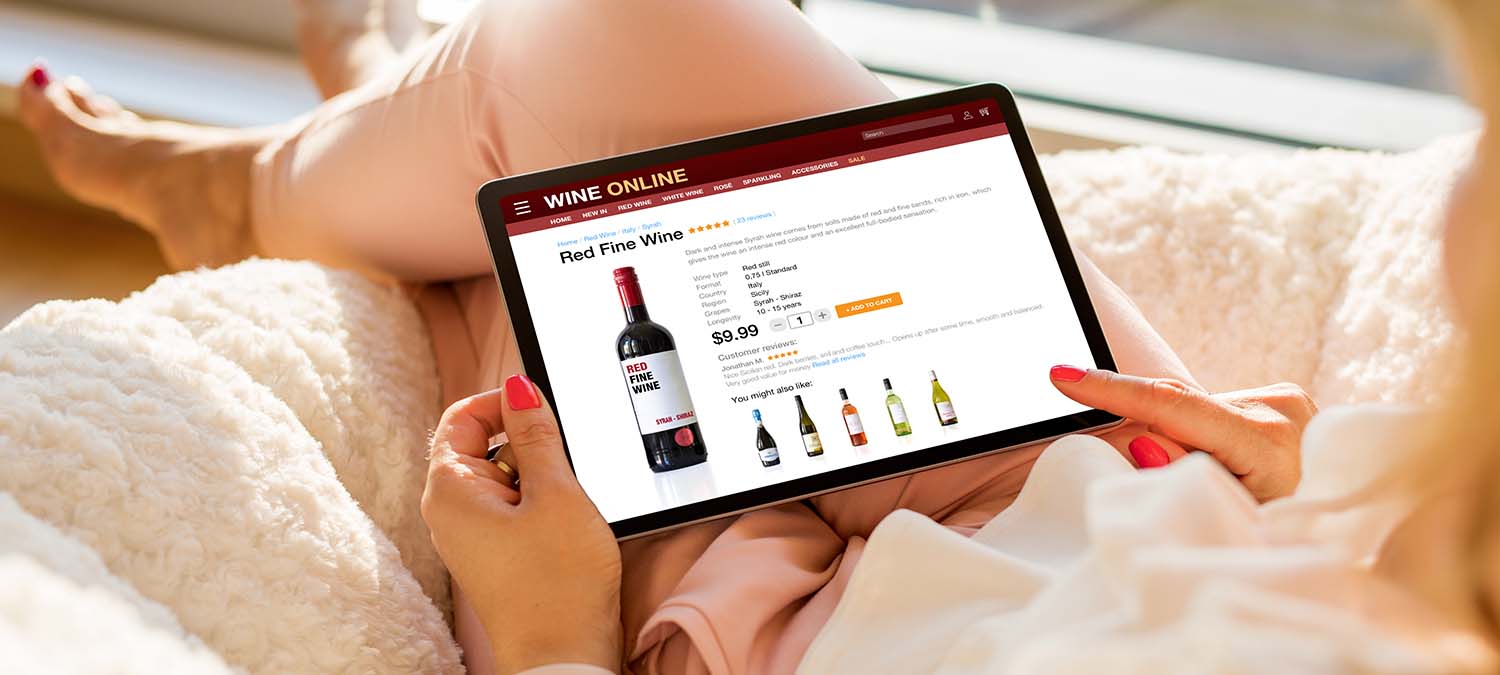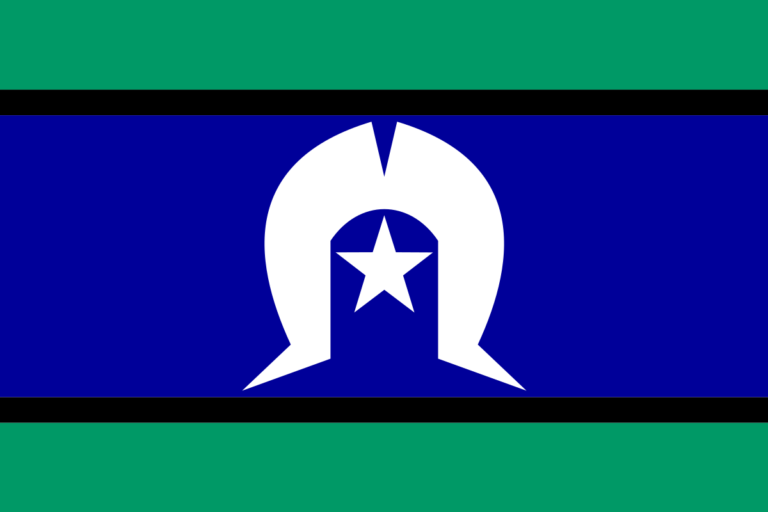Alcohol harm is exacerbated by the online sale and delivery of alcohol, which has vastly increased availability and accessibility. This is part of a broader trend towards digitisation of transactions and mobility of products in society. But alcohol is no ordinary product like groceries or books. It is a drug that requires controls on how it is sold and supplied so that communities are protected from potential harm.
Queensland’s regulatory environment for the sale of alcohol was designed for brick-and-mortar stores. The checks and balances that the Queensland community expects to be in place, such as age verification, responsible service of alcohol (RSA) and community consultation and engagement on new liquor licences, are significantly lacking when it comes to the online sale and delivery of alcohol.
FARE lodged a submission to a Queensland Government targeted consultation on a “Proposed regulatory framework for online liquor sale and delivery”. Some of the measures in the consultation paper had research evidence to support their effectiveness in reducing the risk of harm from alcohol. These include effective ID checks for online sales, prohibiting delivery to intoxicated people and children, supporting delivery staff and enforcing compliance.
However, there are also significant problems and gaps in this proposed framework that risk continuing to increase the harms from online sales and delivery of alcohol. These include late night delivery until 11pm, no restrictions on rapid deliveries within 2 hours, and a licencing system that lacks oversight of third-party delivery companies, (which are not required to hold a liquor licence).
FARE recommends:
Liquor licences and third-party delivery obligations
1. Review existing liquor licence types for suitability for online sales and delivery of alcohol, with a view to developing new licence types for online delivery.
2. FARE supports amending the Liquor Act and Liquor Regulation to incorporate appropriate language and definitions relating to the online sale and delivery of alcoholic products.
3. FARE does not supportextending the authority of existing liquor licences for entirely different entities with significantly different business models.
4. Establish a separate, specific liquor licence category for online alcohol sales and delivery, to align the administration, licence fees and conditions with the business model, entities and risks of alcohol harm associated with online alcohol sales and delivery. Require retailers, such as bottle shops and third-party delivery companies, to have this licence to sell alcohol online or to deliver alcohol.
Online sales
5. Establish and prescribe in legislation the requirement for effective digital age verification for online point of sale of alcoholic products.
6. Specify minimum requirements for an effective digital verification of age, (eg. Australia Post Keypass ID), as ID check for online point-of-sale, to ensure that alcohol is not sold online to children.
7. Require alcohol companies advertising online to display on their websites at least three prescribed rotating health warning statements about the risk of alcohol use, with a link to the Australian guidelines to reduce health risks from drinking alcohol.
Delivery
8. Require effective ID checks on all deliveries (same day and non-same day). An ID check must occur – customer instructions should not override this important measure.
9. FARE supports the requirement for alcohol companies to report delivery data such as refused deliveries, by geographic area to regulators (e.g., by Local Government Area).
10. Require retailers to report the volume of alcohol sold online and delivered by geographic area.
11. Limit alcohol deliveries to between 10am and 10pm, on any day, to reduce the risks of alcohol-related family violence and suicide, which peak late at night in the home.
12. Introduce a 2-hour safety pause between order and delivery of alcohol-only orders to stop rapid delivery of alcohol, which is found to contribute to higher risk drinking.
Compliance and enforcement
13. FARE supportsestablishing offences for the following:
- the online sale or delivery of alcohol to people under 18,
- not maintaining online sales transaction records,
- not maintaining records of refused or incomplete deliveries,
- delivery of alcohol outside prescribed hours,
- delivery of alcohol to an intoxicated person,
- breaching Responsible Service of Alcohol (RSA) requirements, and
- breaching conditions of the relevant liquor licence.
14. FARE supports making delivery companies (including bottle shops and online delivery providers), share liability for delivery breaches, such as delivery to children or people who are intoxicated. Delivery companies should be taken to have participated in an offence.
15. FARE supports including compliance history as a risk factor in a risk-based licencing system. Provide appropriate escalating consequences for repeated breaches, including fines, restricted licence conditions, and the provision for complete exclusion from participating in online sales or delivery of alcoholic products.
16. Establish an offence of unattended delivery for the delivery company (including bottle shops and online delivery providers), with appropriate and effective compliance monitoring.
17. Publish frequent reports on monitoring and enforcement activity including online sales data, and delivery data such as refused deliveries.
18. Expand current ‘mystery shopper’ program into specific test purchasing or controlled purchase operations (CPOs), for online sales and delivery of alcohol.
19. Support delivery staff of alcohol companies through delivery- specific Responsible Service of Alcohol (RSA) training.
Predatory marketing
20. Prevent predatory marketing by alcohol companies that promotes excessive and rapid alcohol use and targets people who are most vulnerable. Prohibit online retailers from offering or promoting delayed payment to purchase alcohol online or offering incentives for a minimum spend or volume.
21. Increase internal capacity to carry out regulatory compliance checks on companies selling alcohol online or delivering alcohol, before considering outsourcing options.
22. Extend the existing prohibited unacceptable marketing practices and promotions to also apply to the digital marketing of online sales and delivery of alcohol.
23. Prevent predatory digital marketing by alcohol companies by prohibiting retailers from sending direct prompts, ‘buy-now’ buttons, or notifications promoting alcohol to a person’s device.
Questions for research and advocacy groups
24. Implement measures that hold delivery companies (such as bottle shops and online delivery providers) accountable, rather than individuals.
25. Do not implement use of technology to measure level of intoxication for potential customers, nor enable alcohol companies to identify people as ‘problem drinkers’.
26. Implement the Strategic Priorities in the Queensland Alcohol and Other Drugs Plan 2022–2027.
Community impact consultation
27. Adopt a community-centric approach to liquor licensing, that prioritises the voice, expectations, needs and aspirations of the community, to minimise harm from alcohol to the community.
28. Prescribe an effective community impact consultation and assessment process, such as the Community Impact Statement (CIS), for all online sales and delivery licence applications.
29. Improve community access, information and support for engaging with licence applications. Provide resourcing for targeted and independent support for members of the public impacted by increases in liquor supply density.
30. Engage with all relevant stakeholders to ensure the consultation process is informed by relevant expertise of alcohol harm.
31. Maintain an open and diverse community consultation process for all applications to ensure community consultation informs all risk assessments.
Risk-based licensing
32. Establish a risk-based licensing (RBL) system, with license fees set for different risk levels, calculated on all relevant risk factors. Develop specific risk ratings for online sales and delivery.
33. Develop and incorporate a risk factor calculation for supply density, (as an equivalent for outlet density), for online sales and delivery of alcohol in a geographic area, (eg. a cumulative impact assessment), within a risk-based licensing (RBL) system.



